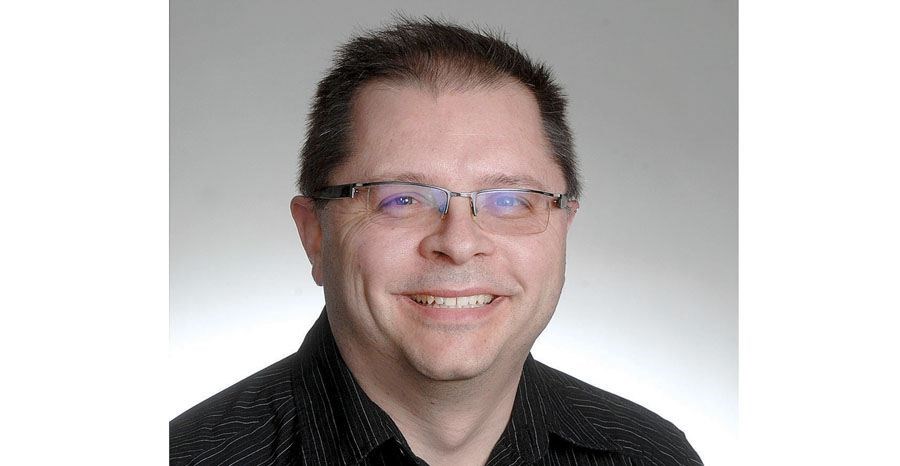In the era of multiple truths and alternative facts, history and context are the first to go.
In the wake of Sunday's terrorist attack on a Quebec City mosque, there were more than a few people calling it Canada's first homegrown terrorist attack, even though there is actually little information to hold up that conclusion, along with a complete ignorance of national history.
Canada has had plenty of brushes with terrorism from Michael Zehaf-Bibeau and Ahmed Ressam to the Front de libération du Québec. During the FLQ crisis in 1970, martial law was in effect in Montreal and soldiers and tanks patrolled the streets.
Even some of the words of sadness and support to the victims of the mosque attack were off-based. "As Canadians, we must speak up in the face of rising intolerance and hatred," said Premier Christy Clark in a statement.
Not only is there no evidence that intolerance and hatred is rising in Canada, the success of multiculturalism and the slow but progressing reconciliation with the country's indigenous peoples actually points to the opposite conclusion. Racism and intolerance will likely always be a cancer on society but education and diversity have cut back that tumour considerably and slowed its spread through the population. There is much more work to be done and there will be tragic setbacks like the mosque attack but the overall trend points to the decreasing influence of hate.
"We are with you, you are at home, you are welcome at home, we are all Quebecers," Quebec Premier Philippe Couillard said to his province's grieving Muslims.
That's not true in both a present and an historical sense. The experience of being a Muslim in Quebec or anywhere else in Canada belongs to Muslims and is uniquely their own. We are all Quebecers or all Canadians by geography alone. We hyphenate that designation all the time, not just by race, language or religion but even by location (Western Canadian, rural Canadian) to more accurately describe the diversity of identities across the nation.
A recent PBS Frontline documentary, The Divided States of America, would have viewers believe the roots of the polarization of American politics starts with Sarah Palin and the Tea Party. That sentiment is as ridiculous as Donald Trump's Make America Great Again and Barack Obama's "there are no red states and there are no blue states, there is only the United States." There is no great past for America to return, despite what Trump believes. On the other side, Obama was rightly criticized by African-American leaders and historians for trying to whitewash his own ancestry and suggest that national pride was more relevant than black identity.
As a nation, America has been divided since the signing of the Declaration of Independence between federal responsibilities and states right. Two of the declaration's primary architects, John Adams and Thomas Jefferson, disagreed so vehemently on numerous political issues that Adams, the second president, refused to attend the inauguration of Jefferson, the third president.
The divisions between north and south, urban and rural, rich and poor, white and black, were so powerful that they led to the Civil War. Those divisions remain in place to this day in American life. The success of the United States has been that, despite the permanent stains of the Civil War and slavery, the uneasy union of divided states has prevailed.
And so the divided states exist in Canada, as well, not just between the English and the French, but with First Nations and with the country's immigrant population, past and present. A resident of Toronto is living a far different Canadian life than a resident of Tuktoyaktuk. A working poor family has little in common, other than citizenship, with an heir to the Thomson or Weston family fortunues.
Yet Canada endures.
And so it goes all the way to Prince George, where millworkers and truckers have little common vocabulary with university professors and renaming Fort George Park to Lheidli T'enneh Memorial Park is either political correctness gone amok or a small step taken to acknowledge the city's shameful colonial conduct towards its original settlers.
Yet Prince George carries on.
Whether it's Prince George or Canada or the United States, the tension of those divisions between individual and group identities can easily descend into hatred and violence. Those exact same ingredients, however, also offer the potential for solidarity and common purpose. Ideally, there is no need to surrender identity in order to live and work together in peace. Standing both apart and together is what we do.
To suggest otherwise is to ignore both our humanity and our collective history.



